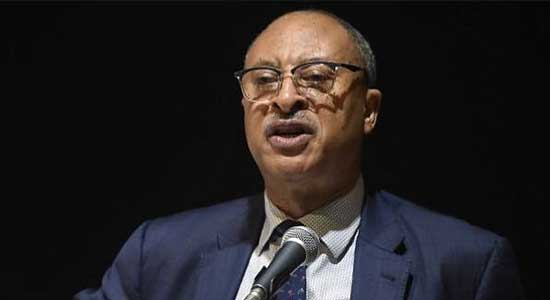The Federal High Court in Abuja has ruled that Professor Pat Utomi’s attempt to form a “shadow government” or “shadow cabinet” is unconstitutional.
The decision followed a legal challenge brought by the Department of State Services (DSS).
In a judgment delivered in case number FHC/ABJ/CS/937/2025, Justice James Omotosho stated that any effort to establish an alternative government outside Nigeria’s constitution is foreign to the legal system and could lead to disorder.
The DSS, represented by Akinlolu Kehinde, SAN, sought judicial clarification after Utomi announced plans to form a “shadow cabinet” under the Big Tent Association (BTA), a proposal that had attracted national criticism.
The security agency asked the court to determine whether a citizen or group could lawfully create a shadow government and whether such an act would amount to an attempt to usurp governmental authority.
The court agreed with DSS, noting that allowing Utomi’s actions to continue could threaten national security and undermine the authority of the democratically elected government.
Justice Omotosho said, “A group presenting itself as a shadow government could encourage civil disobedience and challenge the authority of the state.” He added that the concept of a shadow government does not fit within Nigeria’s presidential system, unlike parliamentary democracies such as the United Kingdom.
“Even in the United States, which follows a similar presidential system, there is no provision for a shadow government or cabinet,” the judge noted.
The court rejected Utomi’s defense, advanced by his lawyer Mike Ozekhome, SAN, that his actions were protected under the rights to freedom of expression and association. Justice Omotosho clarified that these rights are not absolute and can be restricted when public order or national security is at risk.
He emphasized, “The right to freedom of expression and association cannot be exercised in ways that undermine the constitution or jeopardize national security.”
While recognizing the rights of citizens and civil society groups to critique government policies, the court ruled that attempts to establish a parallel government violate Sections 1(1), 1(2), and 14(2)(a) of the 1999 Constitution (as amended).
Consequently, the court granted all three requests made by DSS, including issuing a permanent injunction barring Utomi and his associates from taking any further steps to form or operate a shadow government or cabinet.

